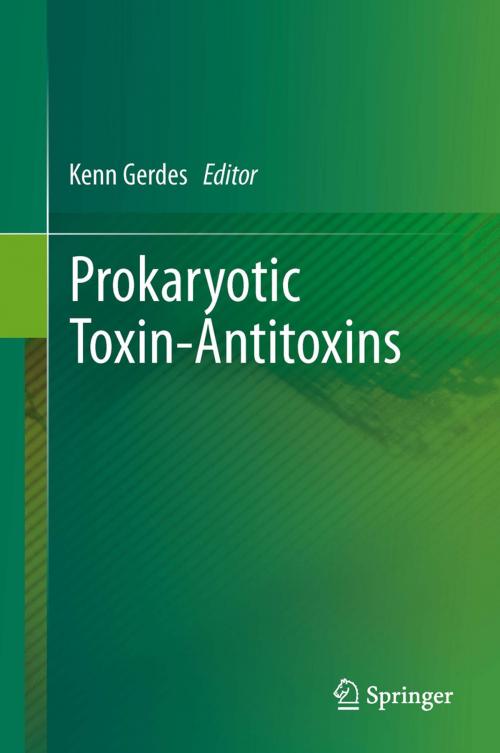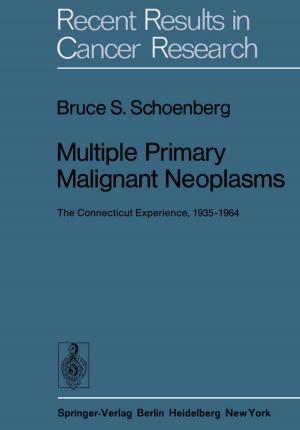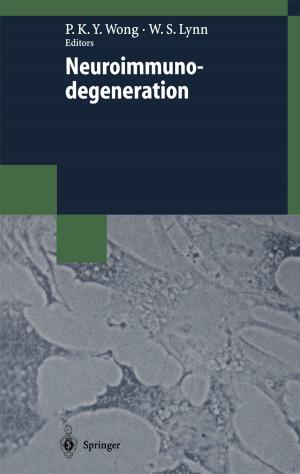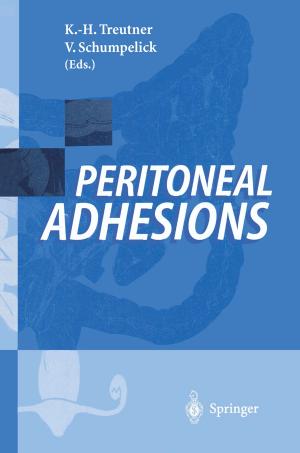Prokaryotic Toxin-Antitoxins
Nonfiction, Health & Well Being, Medical, Medical Science, Microbiology, Science & Nature, Science, Biological Sciences| Author: | ISBN: | 9783642332531 | |
| Publisher: | Springer Berlin Heidelberg | Publication: | October 19, 2012 |
| Imprint: | Springer | Language: | English |
| Author: | |
| ISBN: | 9783642332531 |
| Publisher: | Springer Berlin Heidelberg |
| Publication: | October 19, 2012 |
| Imprint: | Springer |
| Language: | English |
Prokaryotic Toxins – Antitoxins gives the first overview of an exciting and rapidly expanding research field. Toxin – antitoxin (TA) genes were discovered on plasmids 30 years ago. Since then it has become evident that TA genes are highly abundant in bacterial and archaeal chromosomes. TA genes code for an antitoxin that combine with and neutralize a cognate toxin. When activated, the toxins inhibit protein synthesis and cell growth and thereby induce dormancy and multidrug tolerance (persistence). Remarkably, in some species, the TA gene families have undergone dramatic expansions. For example, the highly persistent major human pathogen Mycobacterium tuberculosis has »100 TA loci. The large expansion of TA genes by some organisms is a biological mystery. However, recent observations indicate that TA genes contribute cumulatively to the persistence of bacteria. This medically important phenomenon may thus for the first time become experimentally tractable at the molecular level.
Prokaryotic Toxins – Antitoxins gives the first overview of an exciting and rapidly expanding research field. Toxin – antitoxin (TA) genes were discovered on plasmids 30 years ago. Since then it has become evident that TA genes are highly abundant in bacterial and archaeal chromosomes. TA genes code for an antitoxin that combine with and neutralize a cognate toxin. When activated, the toxins inhibit protein synthesis and cell growth and thereby induce dormancy and multidrug tolerance (persistence). Remarkably, in some species, the TA gene families have undergone dramatic expansions. For example, the highly persistent major human pathogen Mycobacterium tuberculosis has »100 TA loci. The large expansion of TA genes by some organisms is a biological mystery. However, recent observations indicate that TA genes contribute cumulatively to the persistence of bacteria. This medically important phenomenon may thus for the first time become experimentally tractable at the molecular level.















